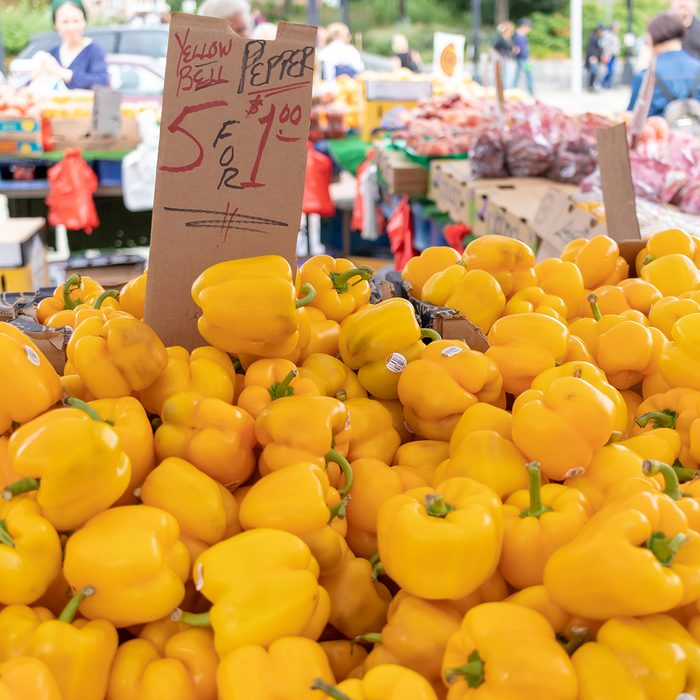
Sweet and Hot Peppers
Capsaicin, the substance that gives hot peppers their punch, may boost your metabolism and heart health. And green, red and yellow bell peppers are loaded with vitamin C—even more than oranges. Peppers are also packed with antioxidants and fibre. Add peppers to your dinner, and you may lower cholesterol naturally.
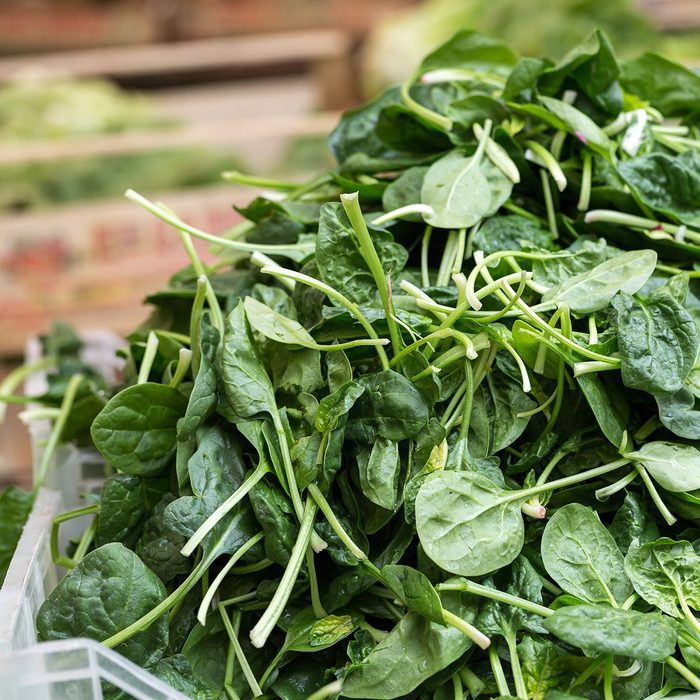
Spinach
Turns out Popeye was on to something. Calorie for calorie, spinach contains more nutrition than almost any other leafy greens. This vegetable is rich in vitamins A, C and K, plus folate, riboflavin and thiamine. It is also chock-full of minerals such as calcium, iron, magnesium and zinc—not to mention antioxidants like beta-carotene and lutein. Spinach may help lower blood pressure, as well as reduce the risk of cancer, stroke and heart disease. Try it in this citrus and spinach salad.
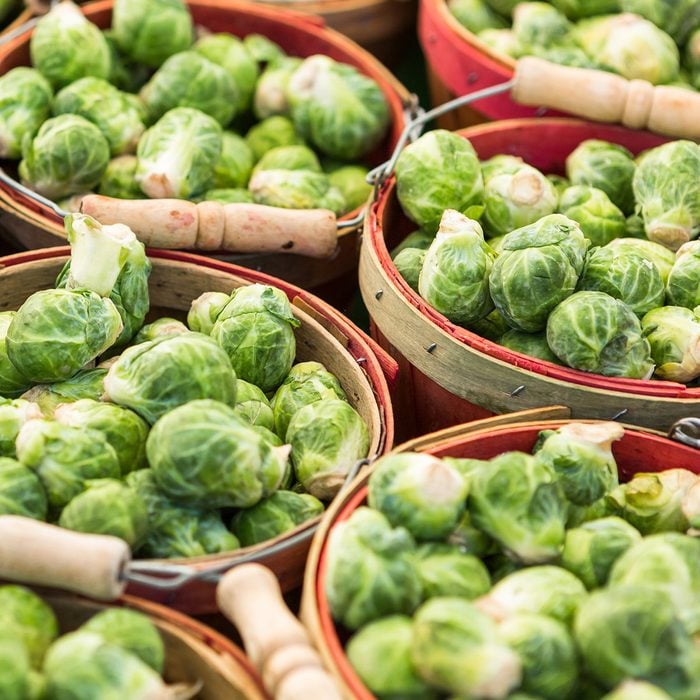
Brussels Sprouts
These little guys have suffered a bad rap for too long. Brussels sprouts are off the charts when it comes to vitamins C and K, not to mention a good source of folate, vitamin A and manganese. Plus, cruciferous veggies may help prevent cancer. So we think you should learn to love them—and you will with this lentil and brussels sprouts salad with creamy chia dressing.
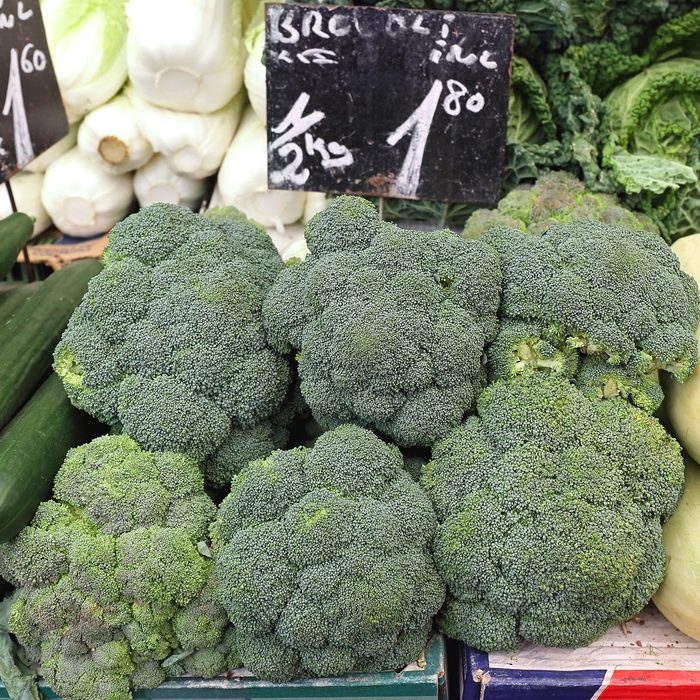
Broccoli
Broccoli is bursting with vitamin C and vitamin K, which contributes to bone health and blood clotting. Folate, phosphorus, potassium and fibre, plus antioxidants lutein and beta-carotene are added bonuses. And did you know broccoli has properties that kill bacteria known to cause ulcers and some stomach cancers? It may even help protect and repair your skin from sun damage. More broccoli, please! (Psst: Your kids will love this recipe for cauliflower and broccoli gratin.)
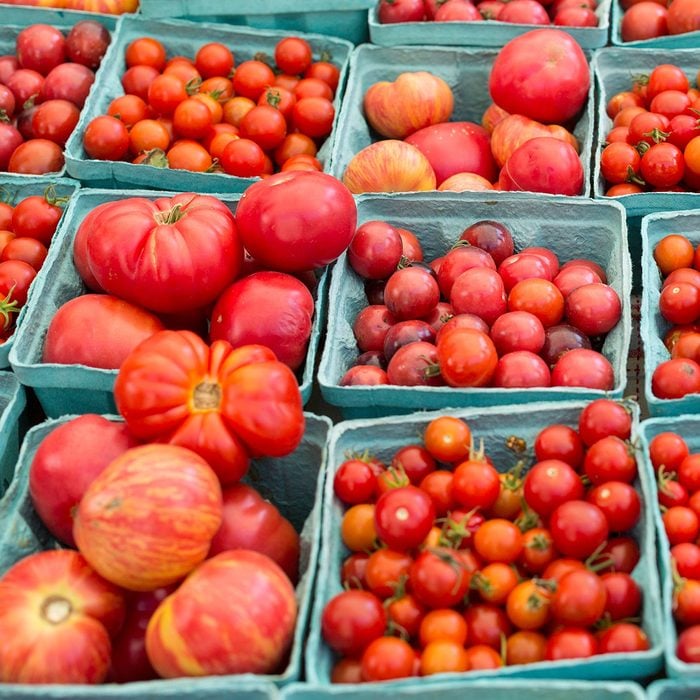
Tomatoes
So healthy and delicious! What’s not to love? Packed with vitamins A and C, tomatoes are lycopene powerhouses that may help prevent strokes and protect against some cancers. To top it off, a cup of raw tomatoes is a good source of fibre. And they’re easy to add to almost any dish. Try this egg-white omelette with spinach, tomato and cheddar.
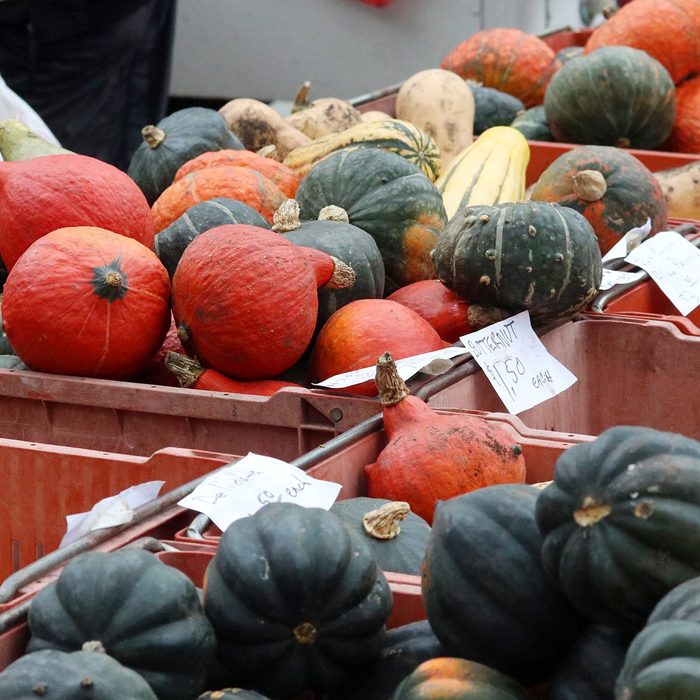
Winter Squash
Want to keep your family’s colds and flu at bay this year? Give them a dose of winter squash. It’s packed with beta-carotene, which helps build a strong immune system. And there’s more—winter squash provides calcium, potassium, magnesium and fibre, too.
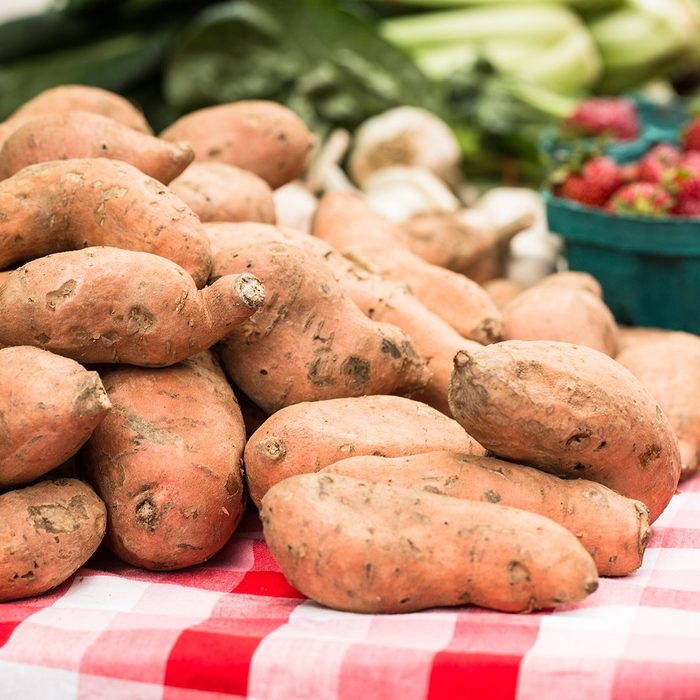
Sweet Potatoes
These delicious veggies are stuffed with vitamin A and powerful antioxidants like beta-carotene, which may help decrease age-related memory loss. Sweet potatoes are also a good source of vitamin C and vitamin B6, not to mention lots of other healthy stuff, like copper, fibre, manganese, potassium and iron. Try our recipe for steak with warm sweet potato salad.
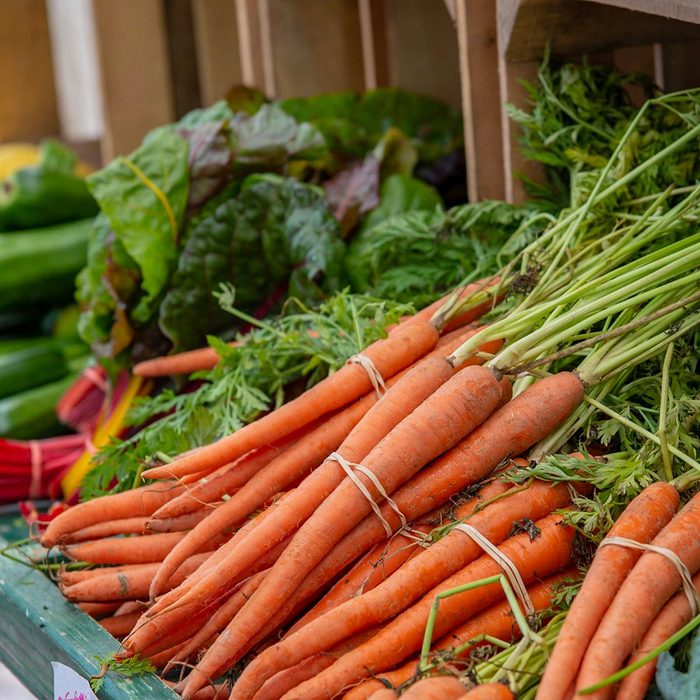
Carrots
Everyone knows carrots promote good eyesight. (These veggies are also good for healthier eyes.) But how? Well, vitamin A boosts night vision. And some evidence suggests vitamin C helps prevent cataracts. Carotenoids found in carrots may decrease the risk of age-related retinal degeneration, a common cause of vision loss.
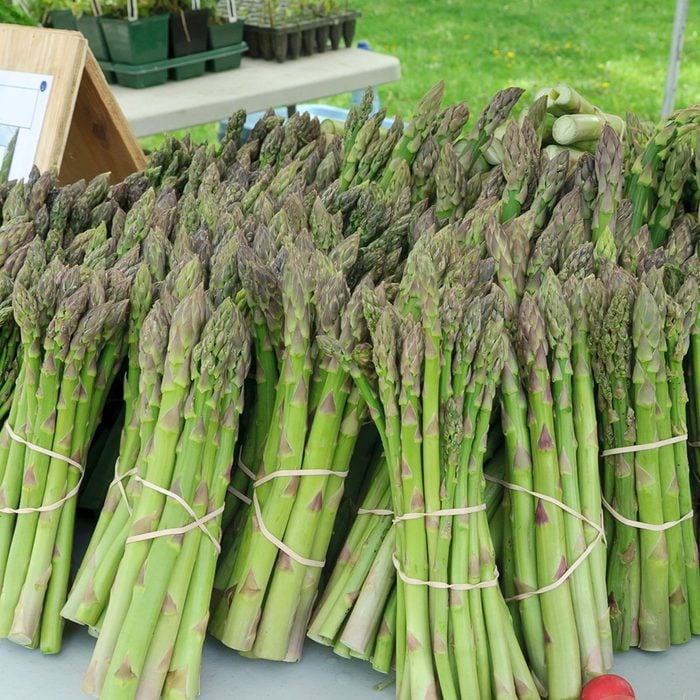
Asparagus
This green veggie contains plenty of vitamins A, C, E and K, plus minerals like iron, copper, potassium and manganese. And asparagus is a good source of folate, which is important during pregnancy and may reduce the risk of depression.
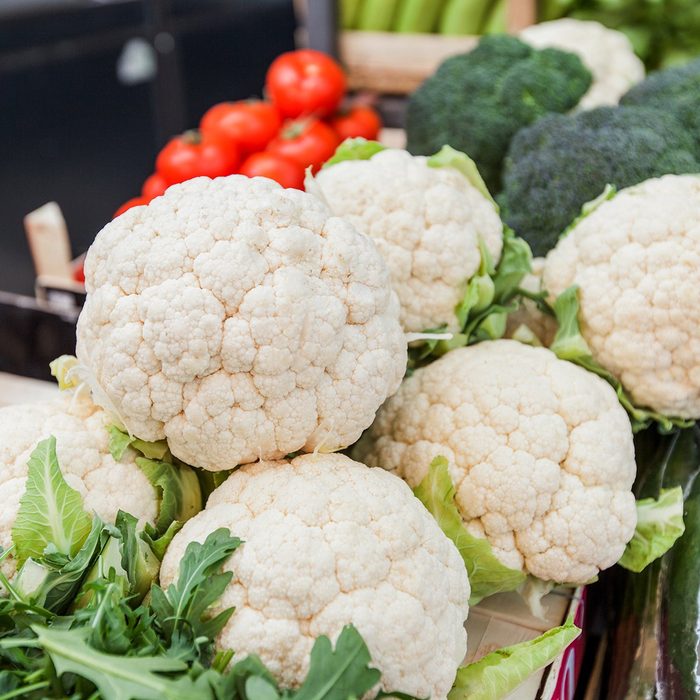
Cauliflower
Closely related to broccoli, cauliflower is a good source of antioxidants, fibre and vitamin C. And like other cruciferous vegetables, cauliflower may help fight cancer. Still think cauliflower is overrated? These cauliflower recipes will make you think otherwise.
Next, check out all the benefits of shopping at a farmers’ market over the grocery store.
